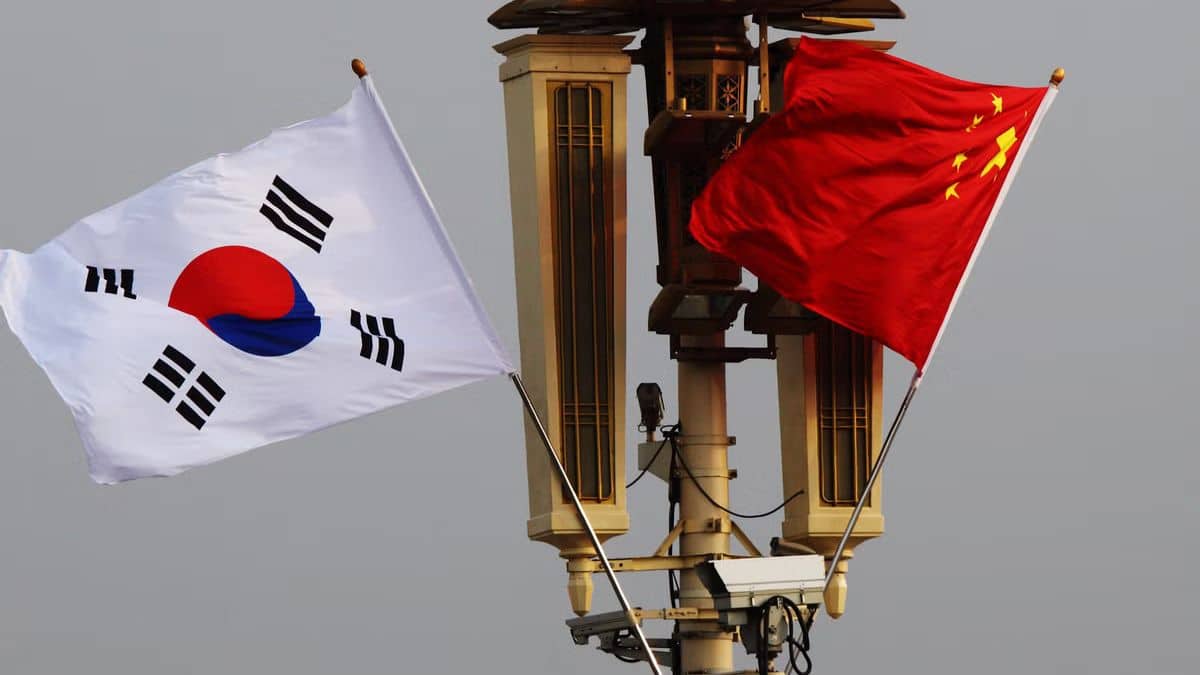For South Korea, navigating the treacherous terrain of international relations has never been easy. In recent months, however, the shadows cast by China have grown even longer, forcing Seoul to walk a delicate tightrope act. Examining the nuances of this dance reveals the multifaceted role China plays in shaping South Korea’s diplomatic choices.
First and foremost, China looms large as South Korea’s economic lifeline. As its biggest trading partner, China holds immense power over South Korea’s economic well-being. Any disruption in this relationship could have devastating consequences, a reality that constantly influences South Korea’s stance on regional issues. Therefore, appeasement often becomes a strategic necessity, forcing Seoul to carefully consider China’s sensitivities.
Beyond economics, China occupies a critical position on the security chessboard. As a key player on the Korean Peninsula, with significant influence over North Korea, China’s actions directly impact South Korea’s security. Seoul relies on China’s cooperation to manage the volatile North Korean situation and maintain regional stability. This dependence creates a complex dynamic, often forcing South Korea to prioritize China’s interests in exchange for desired security outcomes.
However, navigating China’s “One China” policy presents a constant tightrope walk. While South Korea adheres to this principle, any engagement with Taiwan, viewed by China as a breakaway province, is met with suspicion and pressure. This creates a delicate balancing act, where economic pragmatism clashes with China’s core interests, forcing South Korea to constantly calibrate its interactions with both China and Taiwan.
Adding another layer of complexity is the clashing visions for regional order. China envisions a China-centric Asia, while South Korea, increasingly aligned with the US, leans towards a more balanced Indo-Pacific strategy.
Further complicating matters is China’s displeasure with South Korea’s growing ties with the U.S., particularly in the military sphere. This pressure to choose sides puts immense strain on the bilateral relationship, forcing South Korea to navigate a precarious middle ground between its allies and its powerful neighbour.
China plays a multifaceted and dominant role in shaping South Korea’s foreign policy. From economic dependence and security concerns to territorial sensitivities and competing regional visions, South Korea navigates a complex web of Chinese influence. China’s role in South Korea’s foreign policy is multifaceted and constantly evolving.
From economic dependence to strategic competition, South Korea must navigate this complex relationship delicately. By understanding China’s motivations, manoeuvring within the constraints it presents, and diversifying its economic and strategic partnerships, South Korea can secure its own space in the evolving regional landscape.

